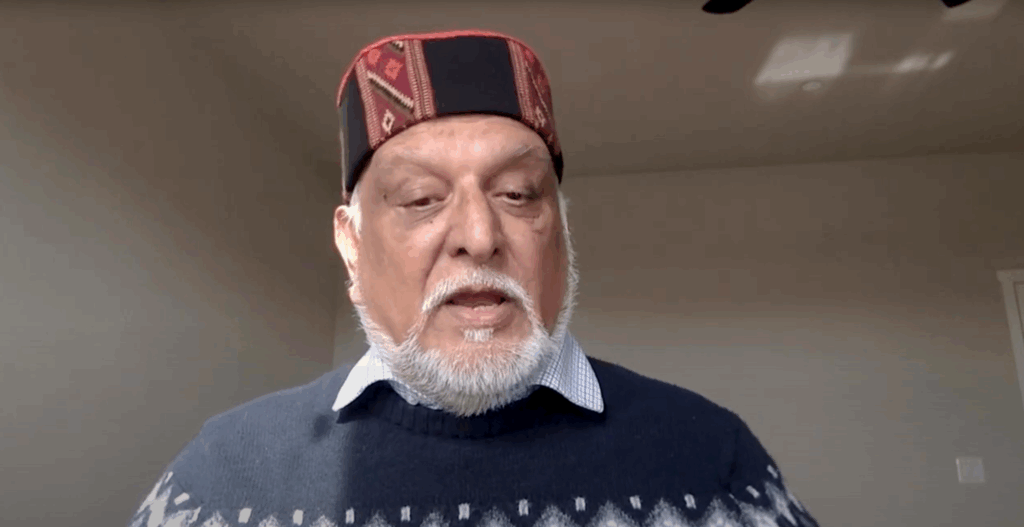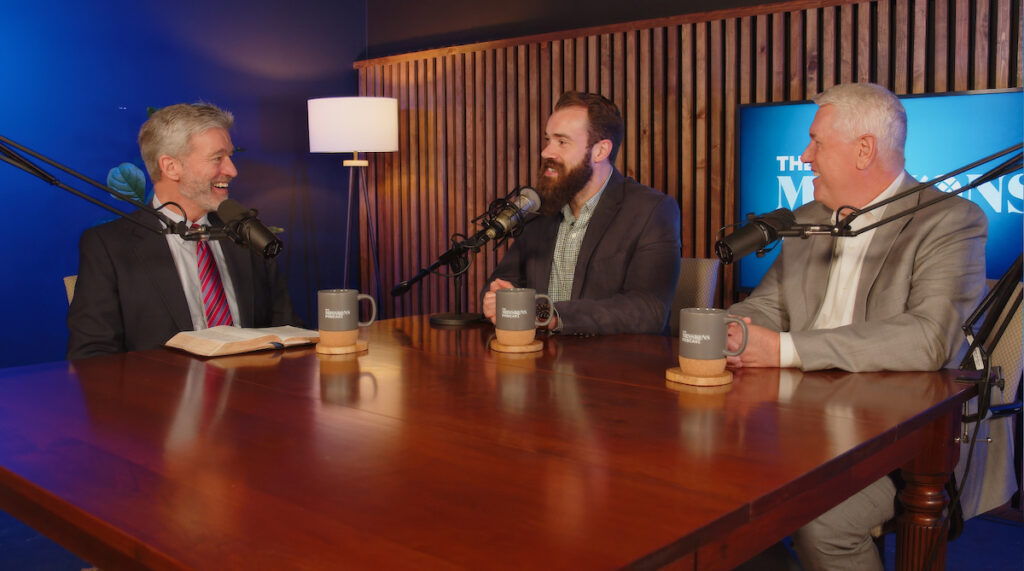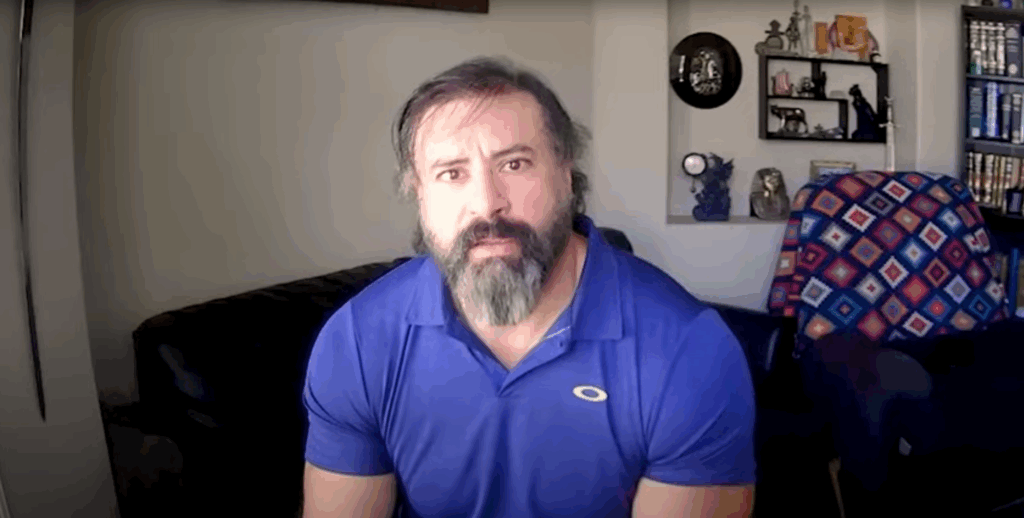Truth. For All the Nations.
Each week, we examine biblical truths and the issues we face on mission—to help Christians think and go.
Discover Our Story
About Us
Since 2017, we’ve tackled the most penetrating topics in theology, apologetics, missiology, church planting, culture, and missional living—with world-renowned guests as well as faithful Christ-followers you’ve never heard of.
Featured Episodes
Witness the conversations that are shaking the missions world.
What Is a Nation?
We can’t reach the world’s people groups without knowing who they are, says Vishal Mangalwadi.
The Centrality of Prayer
Paul Washer explains the indispensable role of maintaining a deep, personal walk with Christ in missions.
The Truth About Islam
Raymond Ibrahim helps us unlearn what we’ve been taught about the crusades—and why it matters for missions.
Get More Content With Premium Access
Partner with us for $9.99/month and get exclusive access to:
• Weekly Bonus Shows
• A Private Signal Group for Followers
• Invites to Quarterly Live Chats
• A Special Thank-You Gift
• More Benefits Being Added
Reviews
Hear what students, pastors, missionaries, and more have to say about the show.
I am not a missionary. I just have a heart for missions and love learning about the realities of missions… I have also gained so much more depth in my personal relationship with Jesus… love it. I’ve listened to every episode since I found the podcast.
Don
I can’t say enough amazing things about this podcast…It’s balanced and makes me think hard about the issues and the task we’re facing. Just well done straight to the point content packed with great interviews. Thank you!
Ashley
This podcast was very well done and thoughtful. As a pastor, I have struggled with many of the thoughts and questions addressed in this podcast. I found the discussion and comments to be very insightful, challenging and helpful.
Pastor D.
As a missionary, I appreciate hearing others discuss and work through the issues that I often find in my own thoughts and work. Thought provoking discussion with good perspectives. Keep up the great content. Thanks!
Rob
Subscribe Now
Follow us in your favorite podcast platform to make sure you’re always in the loop when new content drops.



